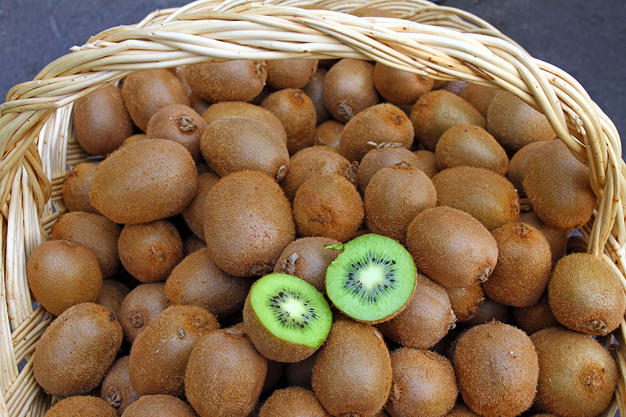The movement of Moroccan fruit imports is slower this summer than in previous years, says El Yazid Bennouna, CEO of EB Fleg, 'to the point where we can't talk about real demand, except a single fruit, kiwis,' says the importer.
'Summer is not the busiest time for imports into Morocco, but rather winter. Moroccan production of seasonal fruit, such as watermelons, melons, and stone fruit, remains difficult to compete with or to substitute with other fruit,' says El Yazid.

'But it is above all the economic situation that dictates the pace of demand,' continues the importer. 'Inflation and the loss of purchasing power since the coronavirus has forced households to prioritize other expenditure. The window between Eid Fitr and Eid Adha is when consumers are not interested in non-essential products.'
To continue supplying the market, fruit importers are working based on product availability at reasonable prices, rather than genuine market demand, according to El Yazid. He adds, 'We are currently importing apples from Italy and Austria, pineapples from Costa Rica, and pears from Argentina. The only exception, and one for which there is real demand from the local Moroccan market, is kiwifruit. With the end of the Greek season, we are currently importing them from Chile.
Exotic and tropical fruits, such as mangoes, bananas, and avocados, are well established on the Moroccan market and are imported on a massive scale, especially in the off-season. According to El Yazid, the challenge is to develop new products: 'Thanks to social media, we are seeing the growth of interest in products that arouse the curiosity of consumers. Up until now, we've been importing these products on demand, and consumption is gradually increasing, to the point where they're finding their way into supermarkets.'
The importer gives examples: 'This is the case for mangosteens, which are now ordered by supermarkets. Other products that could be developed are snake fruit, yellow pitaya, rambutan, and tamarind."
For more information:
El Yazid Bennouna
EB Fleg
Tel: +212661142371
